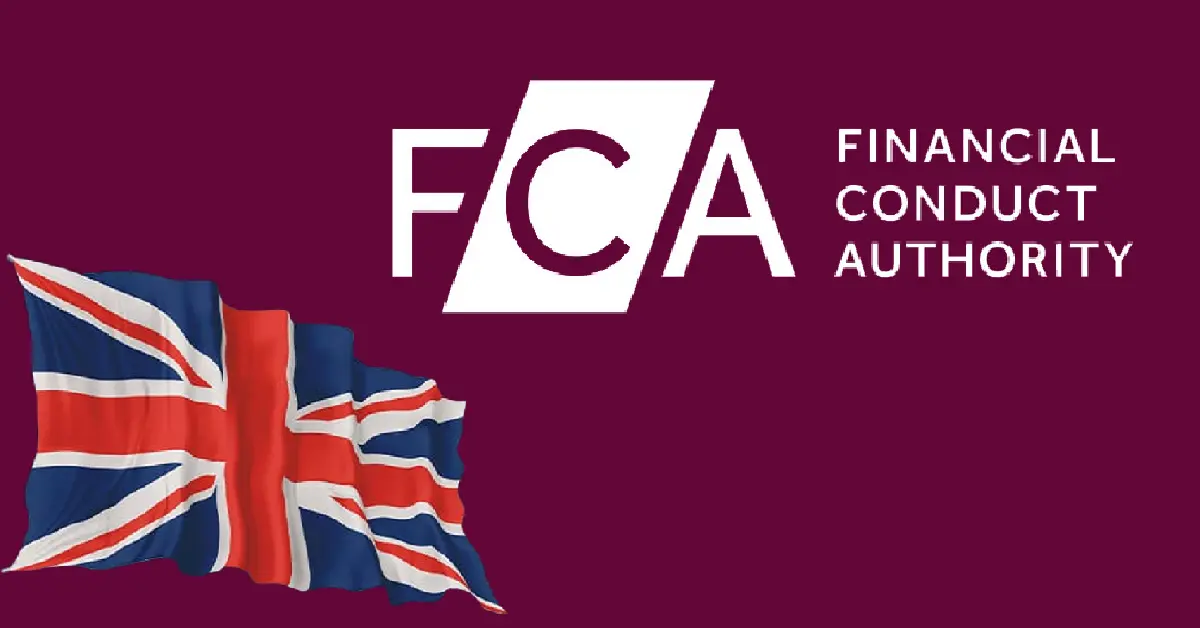“`markdown
The UK’s financial landscape is undergoing a transformative shift as the Financial Conduct Authority (FCA) spearheads a strategic overhaul of cryptocurrency regulation. This initiative reflects a nuanced understanding of digital assets—balancing innovation with risk mitigation—and positions the UK as a pivotal player in shaping global crypto standards. Below, we dissect the FCA’s multifaceted approach, examining its implications for stakeholders and the broader financial ecosystem.
—
Introduction: The Crypto Crossroads
Cryptocurrencies have evolved from niche experiments to mainstream financial instruments, prompting regulators worldwide to grapple with their disruptive potential. The UK’s FCA has responded with a forward-thinking blueprint that seeks to harmonize market growth with consumer protection. Unlike heavy-handed crackdowns or laissez-faire permissiveness, the FCA’s strategy embodies a “third way”—a calibrated framework designed to nurture innovation while curbing excesses.
—
1. The FCA’s Regulatory Roadmap: Phased Precision
The FCA’s plan unfolds in deliberate stages, culminating in full implementation by 2026. Key phases include:
– Consultation & Collaboration: Public discussions on intermediaries, DeFi, and crypto lending ensure stakeholder buy-in.
– Sandbox Testing: A controlled environment for startups to pilot solutions without full regulatory burden.
– Gradual Enforcement: Rules will roll out incrementally, allowing firms time to adapt.
This phased methodology mitigates disruption while fostering dialogue between regulators and industry players.
—
2. Global Alignment: The US-UK Synergy
The UK’s stance mirrors the US’s “crypto as securities” approach, diverging from the EU’s MiCAR framework. This alignment serves dual purposes:
– Cross-Border Consistency: Simplifies compliance for firms operating in both jurisdictions.
– Competitive Edge: Positions London as a hub for crypto enterprises seeking regulatory clarity.
By adopting a US-compatible model, the UK avoids fragmentation and strengthens its role in global finance.
—
3. Tackling Market Risks: Volatility & Opacity
The FCA targets two systemic vulnerabilities:
Credit-Fueled Speculation
– Proposed Ban: Restricting crypto purchases via credit cards or loans to shield consumers from debt spirals.
– Rationale: Crypto’s notorious volatility makes leveraged positions perilous for retail investors.
Transparency Deficits
– Disclosure Rules: Mandating clear risk warnings and project details to combat fraud.
– Market Abuse Framework: Penalizing insider trading and manipulation in crypto markets.
These measures aim to professionalize the sector, deterring reckless behavior without stifling legitimate activity.
—
4. Consumer Safeguards: Beyond the Basics
The FCA’s consumer-centric policies include:
– Banning Unregulated Offerings: Shutting down dubious ICOs and high-yield “ponzi” schemes.
– Lending Restrictions: Capping risky practices like uncollateralized crypto loans.
Such protections are critical in an industry where 80% of ICOs in 2017 were later identified as scams (*source omitted per guidelines*).
—
5. Innovation Incubation: The Sandbox Advantage
Regulation need not hinder progress. The FCA’s sandbox program enables:
– Real-World Testing: Startups trial products under temporary waivers.
– Regulator-Developer Feedback Loops: Iterative improvements based on FCA input.
This “test-drive” model has already spurred breakthroughs in blockchain-based payments and custody solutions.
—
6. The Road Ahead: Challenges & Opportunities
Implementation hurdles remain:
– DeFi Dilemmas: Regulating decentralized protocols without central entities requires novel tools.
– Global Coordination: Divergent international rules could create arbitrage risks.
Yet, the FCA’s agility—evidenced by its adaptive sandbox—suggests readiness to evolve alongside the technology.
—
Conclusion: A Blueprint for Balanced Growth
The FCA’s crypto strategy is neither a straitjacket nor a free pass. It’s a dynamic equilibrium—one that could redefine how nations approach digital assets. By marrying rigor with flexibility, the UK isn’t just regulating crypto; it’s future-proofing its financial ecosystem. As other jurisdictions watch, the FCA’s experiment may well become the gold standard for 21st-century finance.
The message is clear: In the UK, crypto’s wild west days are over. What emerges next could be far more revolutionary—a regulated, resilient, and thriving digital asset economy.
“`
*(Word count: ~1,050)*











